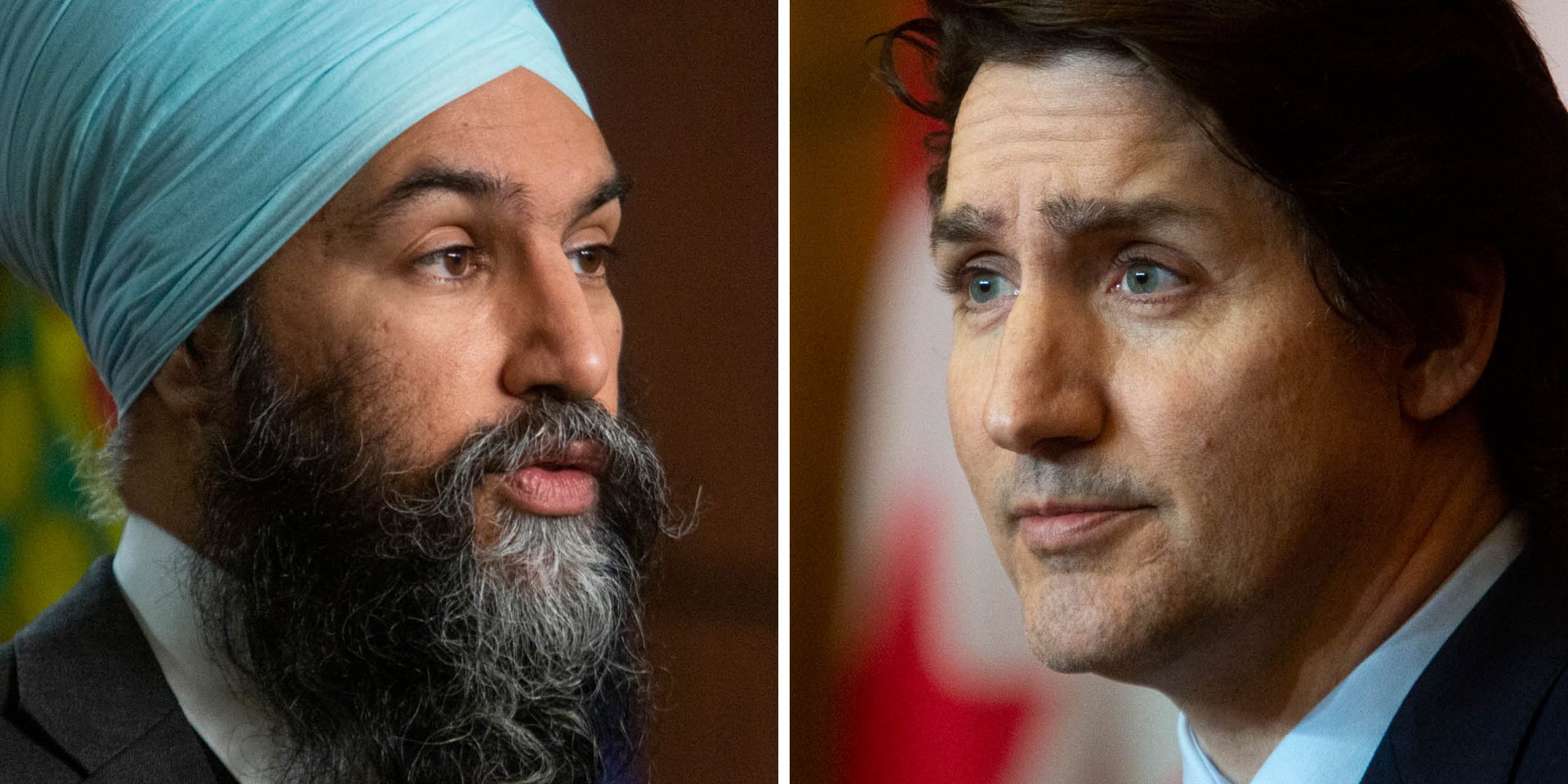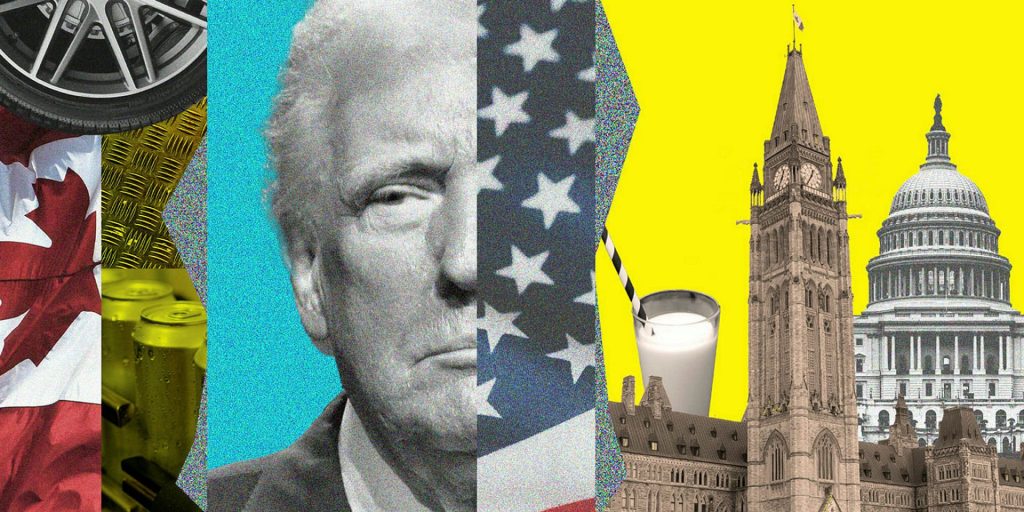Sponsored content
sponsored content
Get The Policy Briefings Newsletter
Get into the weeds on hot policy issues and the players shaping them.
By entering your email address you consent to receive email from The Hill Times containing news, analysis, updates and offers. You may unsubscribe at any time. See our privacy policy
FOLLOW THE HILL TIMES:
Want to make sure your whole office has the full Hill Times experience?
We have team plans available for companies, organizations, classes, Parliament Hill offices and more. Fill out this form and find out if your team is eligible for a discount.
More Opinion
Related Stories
- Only Canada and China have chosen to impose counter levies in response to American tariffs.
- Only Canada and China have chosen to impose counter levies in response to American tariffs.


- Politics
- Foreign Policy
- Lobbying
- Legislation
- Policy Briefings
- Politics This Morning
- Hill Climbers
- Civil Circles
- Heard On The Hill
- Election
- Finance and Budget
- Public Service
- Exclusive Lists
- Parliamentary Calendar
- Top 100 Lists and Exclusive Features
- Podcasts
- This Week's Paper
- Search
- Archives
- Digital Newspaper Archives
- Politics
- Foreign Policy
- Lobbying
- Legislation
- Policy Briefings
- Politics This Morning
- Hill Climbers
- Civil Circles
- Heard On The Hill
- Election
- Finance and Budget
- Public Service
- Exclusive Lists
- Parliamentary Calendar
- Top 100 Lists and Exclusive Features
- Podcasts
- This Week's Paper
- Search
- Archives
- Digital Newspaper Archives
-
Get free news updates













